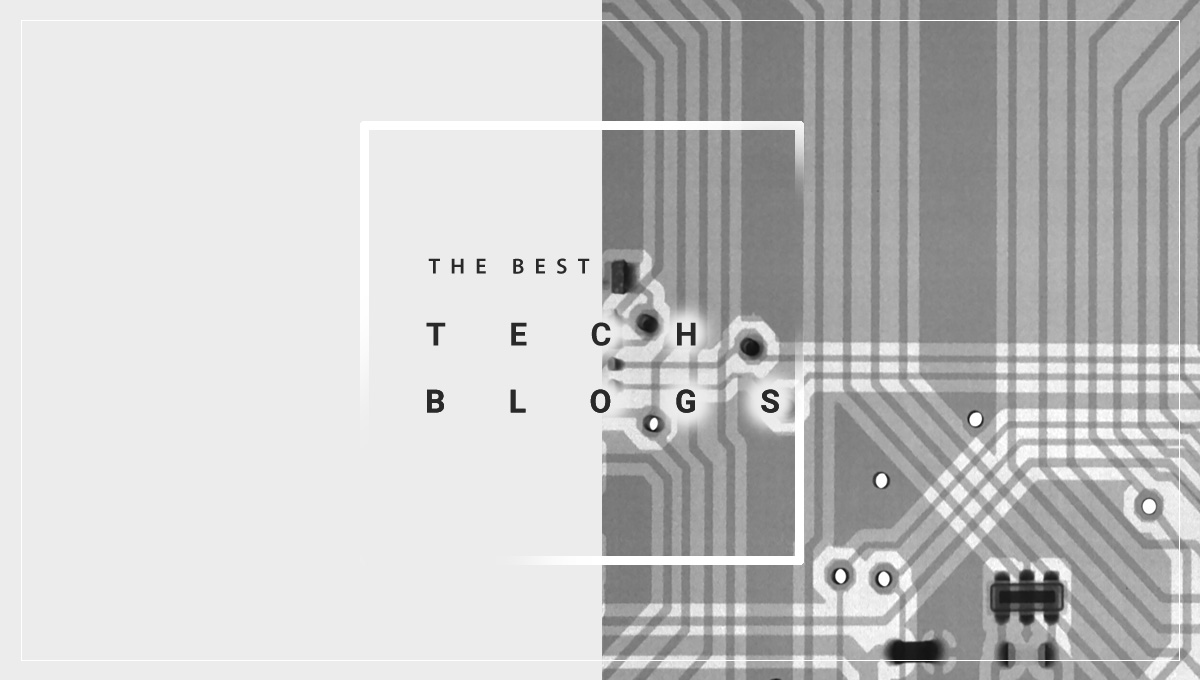How Blockchain Technology Is Revolutionizing Information Safety
Blockchain technology is basically modifying the landscape of data safety and security by presenting a decentralized structure that guarantees enhanced openness and strength. Unlike typical systems, which rely on central data databases, blockchain disperses data across a network, lessening vulnerabilities and single factors of failure. The use of advanced cryptographic methods makes sure that information stays tamper-proof, promoting count on amongst stakeholders and users.
The Essentials of Blockchain
Blockchain technology, an innovative concept in electronic data management, basically transforms how details is saved and safeguarded. At its core, a blockchain is a dispersed journal that records deals throughout a network of computers, ensuring openness and immutability.
Trick to recognizing blockchain is the hashing procedure, which secures deal data into a distinct alphanumeric code. This cryptographic function ensures that any change in the deal information results in a completely various hash, consequently guarding versus meddling. The agreement mechanism, an additional essential part, confirms and verifies new transactions with a network of nodes, consequently removing the need for a centralized authority.
Moreover, blockchain's append-only structure makes sure that information, when added, can not be deleted or modified. This characteristic warranties a irreversible and proven document of transactions, promoting count on amongst individuals. Consequently, blockchain supplies a robust framework for data integrity, offering sectors a dependable method for tracking and handling electronic info in a protected, transparent fashion.
Decentralization and Safety And Security
Decentralization, a core concept of blockchain technology, dramatically improves information protection by distributing control across a network as opposed to counting on a singular, central entity. This circulation reduces the danger of solitary factors of failing, which prevail in standard centralized systems. By spreading data throughout numerous nodes, blockchain makes sure that also if one node is jeopardized, the whole network continues to be safe and secure. This redundancy not only strengthens the integrity of the information but likewise raises its resilience to cyberattacks and system failures.

Each participant in the network has access to the entire blockchain, allowing them to verify and investigate purchases individually. In general, decentralization is important in enhancing information safety and security in blockchain networks.

Cryptographic Techniques
At the heart of blockchain innovation, cryptographic strategies play a pivotal duty in safeguarding data, making sure both privacy and integrity. These methods are fundamental to the blockchain's capacity to safely record deals in a decentralized way. Cryptography in blockchain utilizes a combination of uneven and symmetrical algorithms to encrypt data, making it obtainable just to accredited events - Best tech blog. Public and exclusive crucial sets are main to this procedure, permitting for protected verification and identification verification without disclosing delicate details.
Hash features are another vital element, changing input data right into a fixed-size string of personalities, effectively developing an one-of-a-kind electronic finger print for each block. This ensures that any attempt to change the data will cause a completely different hash, hence preserving the immutability of the blockchain. Digital trademarks verify the authenticity and stability of transactions, offering a layer of non-repudiation.
The decentralized nature of blockchain, combined with durable cryptographic techniques, gets rid of the need for middlemans, decreasing prospective susceptabilities. As blockchain technology advances, innovations in cryptography such as zero-knowledge proofs and homomorphic file encryption continue to improve safety measures, better fortifying data protection in this cutting edge electronic ledger system.
Use Situations Across Industries

In the health care sector, blockchain makes certain the secure storage space and sharing of patient records, advertising interoperability while guarding delicate information from unauthorized accessibility. This modern technology equips individuals with control over their clinical background and promotes smooth control among healthcare companies.
Supply chain administration benefits substantially from blockchain's unalterable ledger, which guarantees traceability and credibility of products from beginning to customer. By improving openness, blockchain helps minimize problems such as counterfeiting and underhanded sourcing.
Furthermore, blockchain's decentralized nature is reshaping the power market by enabling peer-to-peer energy trading, where consumers can deal excess renewable resource directly. This fosters a more explanation reliable and sustainable power community.
In the world of copyright, blockchain offers a tamper-proof platform for developers to register and protect their jobs, making certain rightful attribution and reasonable compensation. These varied use instances highlight blockchain's duty as an essential force in redefining data protection across sectors.
Future of Data Defense
As we want to the future of information defense, blockchain technology is positioned to play a pivotal duty in guarding digital info. With its decentralized and unalterable qualities, blockchain provides a durable structure for securing delicate data versus unapproved access and cyber risks. This technology makes certain that once data is tape-recorded, it is nearly impossible to change without discovery, hence providing a considerable benefit over traditional data storage methods.
The combination of blockchain with other sophisticated modern technologies, such as expert system and the Internet of Things (IoT), is expected to enhance data protection techniques even more. By leveraging wise contracts, organizations can automate and apply safety procedures, reducing human error and increasing efficiency. Furthermore, blockchain's capacity to give deducible and transparent deals will reinforce count on go to this website and liability in data monitoring techniques.
As governing landscapes advance, blockchain's compliance-friendly nature will become significantly pertinent. It can aid organizations fulfill rigorous information defense policies, such as the General Data Defense Guideline (GDPR) and the California Customer Personal Privacy Act (CCPA), by giving proven records of information processing activities. Inevitably, blockchain's special qualities setting it as a transformative device in the continuous quest to safeguard the electronic world versus ever-evolving cyber dangers.
Final Thought
Blockchain technology represents a standard shift in information security by leveraging decentralization and cryptographic methods to boost transparency, trust, and data honesty. As cyber threats develop, blockchain emerges as an important device for durable information defense throughout different markets.
Blockchain technology is essentially modifying the landscape of information safety and security by presenting a decentralized framework that promises enhanced transparency and durability. Unlike conventional systems, which count on centralized data repositories, blockchain disperses data across a network, lessening susceptabilities and solitary points of failing.Decentralization, a core concept of blockchain modern technology, significantly boosts information protection by dispersing control throughout a network rather than depending on a particular, central entity.At the heart of blockchain technology, cryptographic methods play a crucial duty in guarding data, making certain both confidentiality and integrity.Blockchain innovation represents a paradigm shift in data safety and security by leveraging decentralization and cryptographic techniques to boost transparency, depend on, and data stability.
Comments on “What Makes the Best tech blog Stand Out Among Tech Fanatics and Specialists”